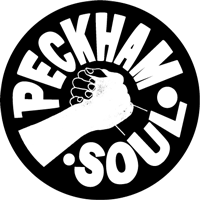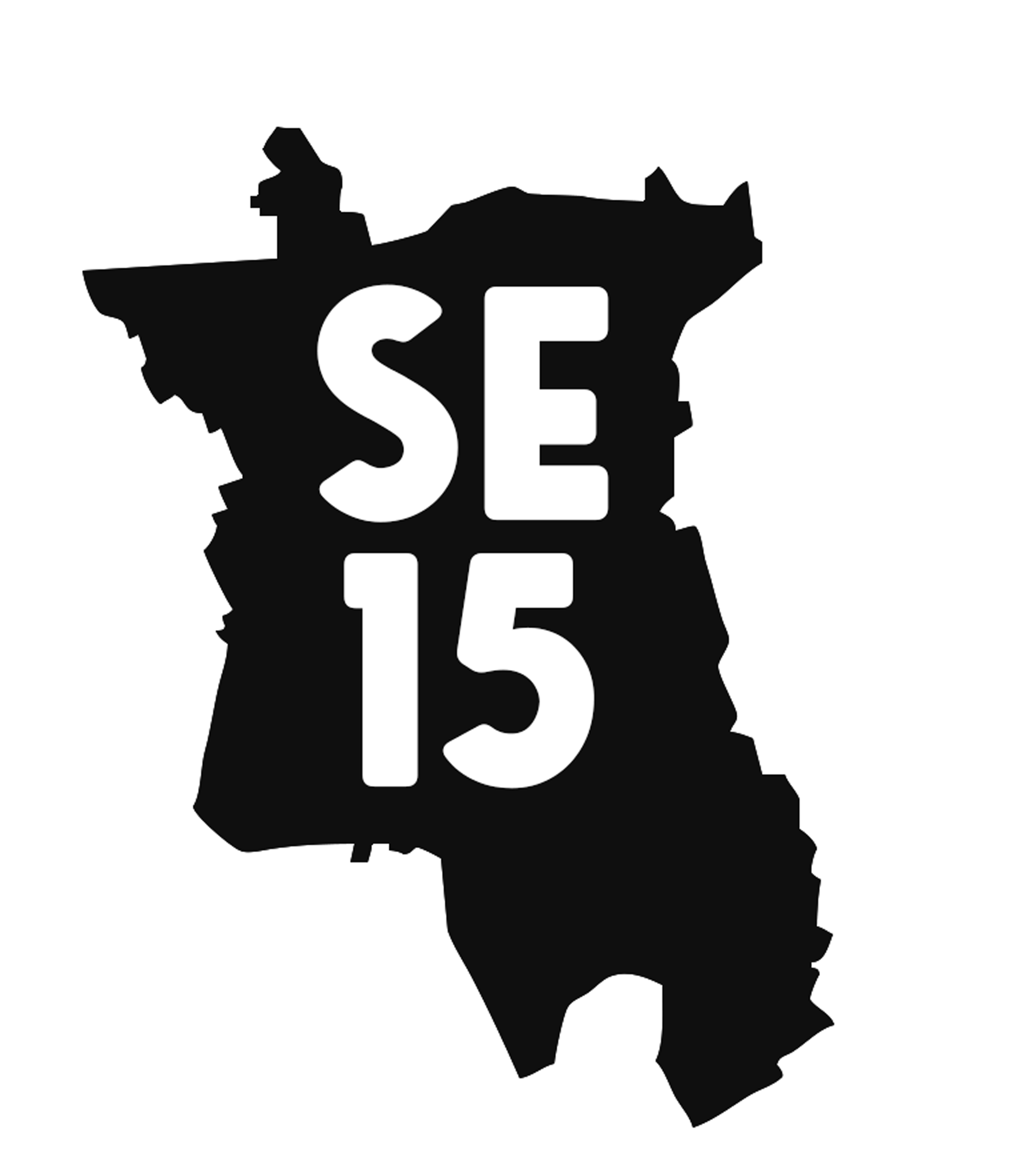DOL
Catalogue No: DOL1074HB
We Insist! Freedom Now Suite (Candid, 1960) remains a work of enduring musical and social importance. Notwithstanding Roach's central role in the creation of bop, or his later hard bop explorations with trumpeter Clifford Brown, it is, by some margin, the most perfectly realised album he recorded.
1960 was the year in which black Americans' struggle for civil rights reached critical mass. In February, anti-segregationist lunch-counter sit-ins began in Greensboro, North Carolina. Rallies, marches and sit-ins spread out across the country like a bushfire, with black, and white, musicians, dramatists and visual artists adding their voices to the movement. The question was no longer perceived as whether a change was going to come, but when it would come.
We Insist!, recorded in August and September 1960, was the first of several jazz albums explicitly to voice the growing demand for equal rights. In November, it was followed by the recording of bassist Charles Mingus' Charles Mingus Presents Charles Mingus (Candid, 1960), whose "Original Faubus Fables," a ferocious attack on Arkansas governor Orval E. Faubus (of Little Rock High School infamy), possessed an intensity which set the tone for most jazz-as-protest albums to follow.
Some of those albums sound like period pieces today, but not We Insist!, which is sufficiently nuanced and free of agit-prop literalism to transcend its era. Conceived as a suite by Roach, its composer and arranger, the album features a shifting cast of players, with only Roach and singer Abbey Lincoln heard throughout. Three of the five tracks-"Driva' Man," "Freedom Day" and "All Africa"-feature lyrics by Oscar Brown Jr., sung by Lincoln, who is joined on "All Africa" by Nigerian conga player Michael Olatunji. Brown's words, pitched as poetry rather than polemic, are deep and eloquent, and Lincoln's assertive, uncompromising delivery of them is widely considered to be her finest recorded performance.
The album is ablaze with instrumental spirit too. Tenor saxophonist Coleman Hawkins, in an inspired piece of guest casting, solos at length on the opening "Driva' Man," his sturdy, heavyweight testifying suggesting dignity and determination in the face of whip-wielding oppression-he sounds like the civil rights marchers looked. "All Africa" closes with four minutes of collective improvisation between Roach, Olatunji and Afro-Cuban percussionists Ray Mantilla and Tomas DuVall, as thrilling an African/Afro-American drum summit as could be wished for. There are stirring solos from trumpeter Booker Little, trombonist Julian Priester and tenor saxophonist Walter Benton, and the ensemble's focus is razor sharp throughout, honed by Roach's virtuosic drumming.
Awesome is an over-used word, but it's the right one for We Insist!.











